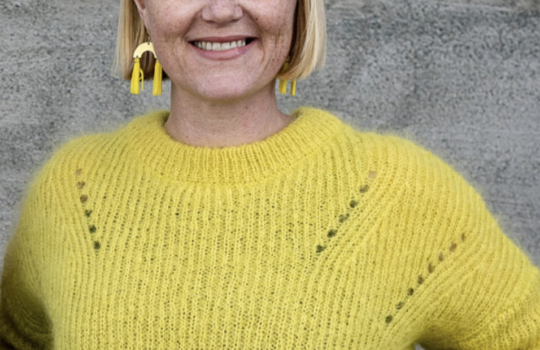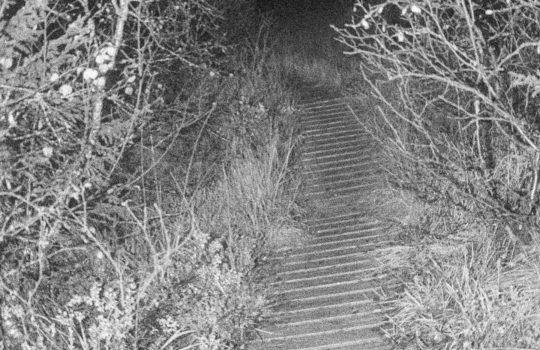

Fotobokfestival Oslo 2021
Touching the Distance, Thinking in Relation: Photography as a Practice of Seeing
European thought has tended to conceive of identity less in terms of mutual belonging (co-belonging) to a common world than in terms of a relation between similar beings—of being itself emerging and manifesting itself in its own state, or its own mirror.
Achille Mbembe
I blame photography, because it became an exercise of a shutter,
while it should be the practice of seeing.
It should be a language of seeing.
From curator's Personal Note
The way we see ourselves, others, and reality has an impact on how we understand, relate, and act towards each other and the outside world. Needless to say, how or what we see – and ultimately what we don’t see – remains more of a construct than an unbiased activity. Or, as bell hooks puts it, the field of representation (how we see ourselves, how others see us) is a site of ongoing struggle. The gaze is shaped by various experiences, patterns, positions, but might – although not necessarily – transform with time, vital events, or contexts. The politics of representation suggests that cultures, societies, communities, groups, and individuals do not exist outside of how they are represented. Does this mean that photography as a medium can serve as a mirror, tool, witness, register of how we see, connect, and relate to others and the world? To some extent yes, but with one important remark: “the idea of a universal right to see is a fraud.” Photography is also about what is suppressed (A.Azoulay).
The outbreak of the global pandemic and lockdown literally stopped time, forcing us to reflect on where we are in macro and micro scales. It thus allowed us to clearly see contemporary quandaries: the effects of climate change and a long list of social and political inequalities. Many people found themselves confronted with various losses and forms of grief. Many questioned their personal surroundings: closeness, care, intimacy, love, friendships. Our ways of seeing, our practices, our activities, and our relations with others have been fundamentally challenged. Those ‘perceptive and practical shifts’ are not always so global and apparent; they might function in more specific contexts that remain vital for given localities, particularities, communities, or individuals. However, the world without connections or – to put it differently – made up of misunderstood relations and a deprived sense of belonging, existed long before the pandemic. And the term ‘social distance’ only expresses an already-existing pattern.
Fotobokfestival Oslo 2021 focuses on such relations and researches the subtle links between being, seeing, and representing as well as the role of photography within them. Touching the Distance is partially a direct response to the (post) pandemic world that deprived many of us of contact with our closest surroundings, but it also relates to the very condition of a disconnected contemporary world facing various crises. As long as current movements and theories – such as decolonization strategies; issues of race, class, and gender; labor inequalities; postcolonial ecologies; and animal rights – serve as a vital background and make up points of reference, our focus is to talk about them through what is personal and particular. Touching the Distance not only analyzes contemporary images, but also carefully re-reads the idea that history has the potential to influence our current sense of place (M. Sealy).
This focus on relations asks us to consider photography not as a medium of sight, but as a medium of seeing, and ultimately the image as a point of reference for shifting meanings and interpretations. Photography is situated far away from neutrality, but it is neither guilty nor innocent; it occupies an awkward space that combines unequal degrees of fluidity, blurriness, power, vulnerability, appearance, and complexity. This focus on relations is a means to reflect on images of the past and present not as signs of artistic expressions, as documents, as historical records, etc., but rather across, through and within them. As long as what and why remain vital for a basic understanding of the image and its context, priority should be given to relations and connections.
A photographic focus on relations is also a formal undertaking. Firstly, Fotobokfestival Oslo 2021 will serve as an occasion to gather Oslo’s vital photo institutions and initiatives in order to show the strength and variety of the Norwegian photography scene within the international context of the festival. Secondly, it will initiate discussions and events, emphasizing the interdisciplinarity of the photographic medium and its connection with other forms of visual arts as well as literature, architecture, theater, music, etc.
Curator & texts: Zofia Cielatkowska
BIO | Zofia Cielatkowska is an independent researcher, philosopher, curator, and art critic focusing mostly on social issues in art and culture, as well as on contemporary problems of power, exclusions, and marginalization. She holds a Ph.D./doctorate in Philosophy (2013). She lives in Oslo. More/contact: zofiacielatkowska.com
For complete information about the festival, visit fotobokfestivaloslo.no/ffo21/.
Banner and thumbnail:
PHOTO
Marian Anderson at the Lincoln Memorial in 1939.
Scurlock Studio Records, Archives Center, National Museum of American History, Smithsonian Institution


